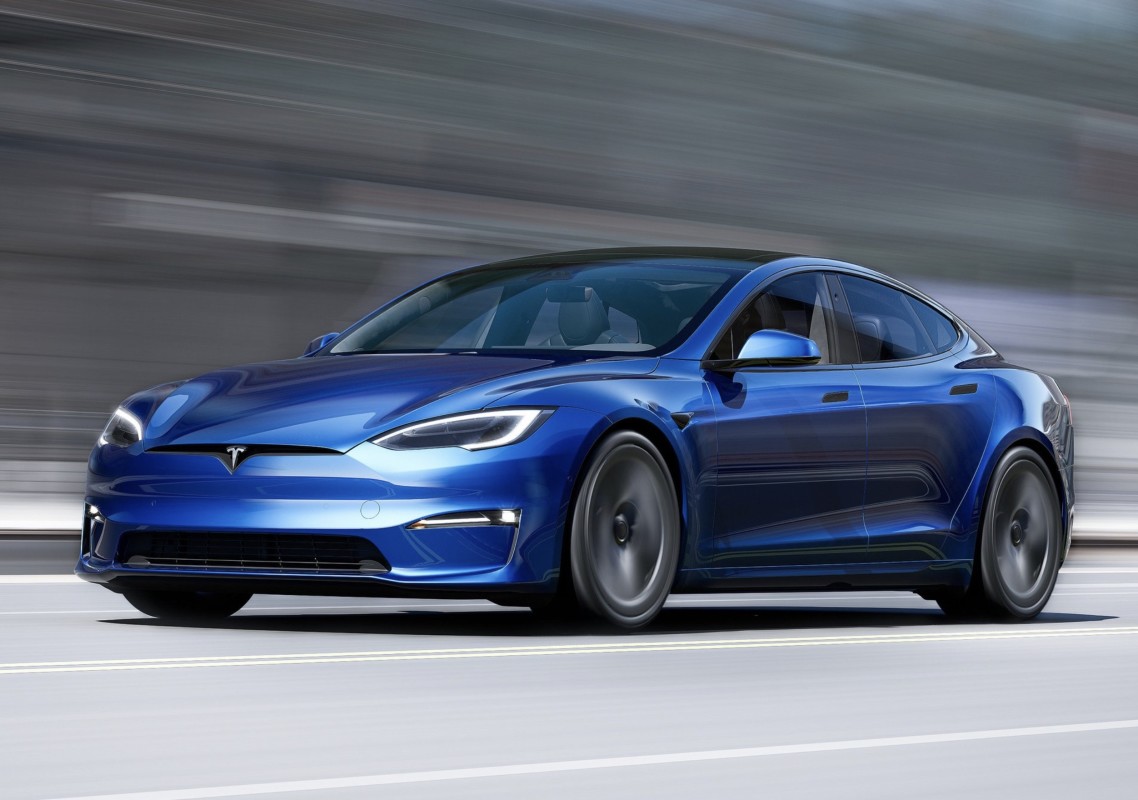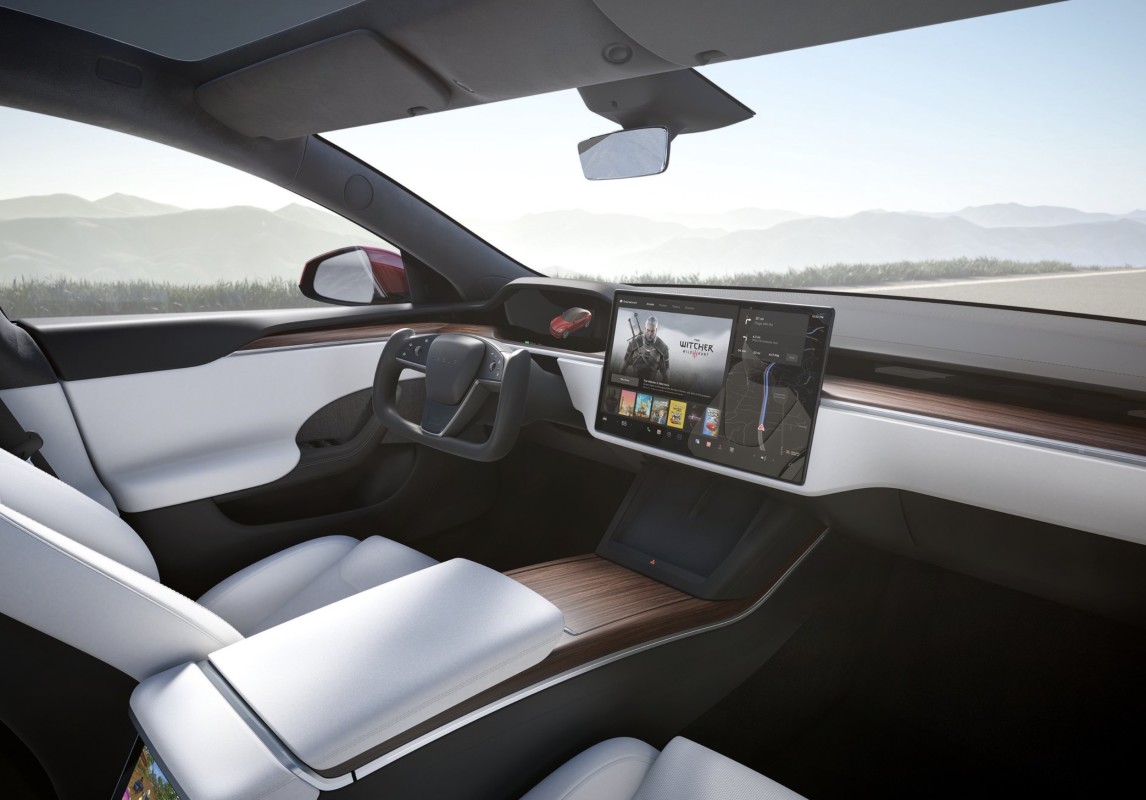Tesla in Trouble?

Tesla is back under the microscope with its self-driving technology raising eyebrows once more. While the cutting-edge tech has been celebrated for making those long-haul drives a bit less taxing, it’s also been linked to several mishaps. Some were minor fender-benders, but others have been fatal, like the one involving a 2024 Tesla Model S on New Jersey’s Garden State Parkway, taking three lives in September 2024. A fresh lawsuit is now in the air, spotlighting the potential pitfalls of Tesla’s sophisticated yet imperfect self-driving suite.
Fatal Model S Crash

As reported by Reuters, the tragic incident affected the Dryerman family. David (54), Michele (54), and their daughter Brooke (17) died in the crash. According to the lawsuit, the Model S veered uncontrollably off the road, hitting multiple objects along the way. Questions arose about the effectiveness of the car’s automatic emergency braking system, which, according to the complaint, failed to engage. All occupants were reportedly wearing seatbelts at the time of the crash.
The lawsuit accuses Tesla of hyping up its Advanced Driver Assistance Systems (ADAS) capabilities, misleading drivers into trusting these features too much. The claim suggests a discrepancy between advertised capabilities and actual performance on standard roads was a factor in the crash.
Related: Hands-Free Showdown: BlueCruise, Super Cruise, Autopilot. Which One Owns the Highway?
Tech Talk
Tesla’s vehicles come highly equipped with driver-assistance technologies, yet they require a focused human driver. Despite this, messages from Tesla’s marketing and even Elon Musk himself have painted a different picture. Back in 2016, Musk touted Autopilot as potentially being superior to human drivers—a statement stirring controversy ever since.
The suite of features, previously known as Full Self-Driving, is now labeled “Supervised” by Tesla. This change hasn’t quelled all concerns. Tesla still advertises that its vehicles can drive with minimal input—promises that create a perception of broader capabilities than what’s truly on offer.
Analysis by the National Highway Traffic Safety Administration (NHTSA) highlighted a gap between driver expectations and the actual function of Tesla’s L2 system. This prompted a recall of over two million vehicles in 2023 to install enhanced safety measures. Yet, the 2024 vehicle involved in this incident indicates there’s more ground to cover until safety meets expectations.
As the lawsuits play out, Tesla’s legal team and Elon Musk remain tight-lipped on the Dryerman family case.
Haul Smarter Today
BMW's Electric Shift
Lamborghini Fenomeno
2026 Leaf Unveiled
Toyota Lexus Price Hike